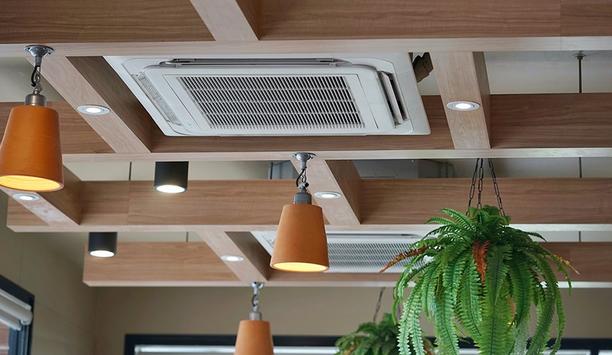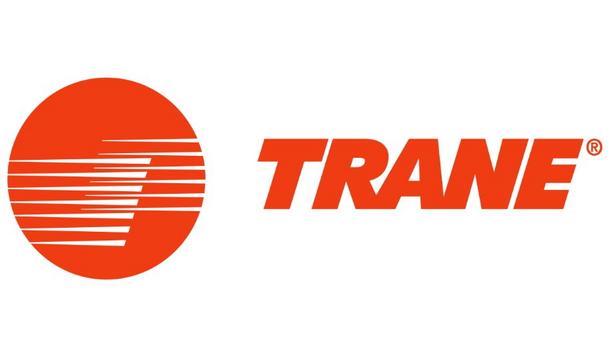Hvac software associations/ regulatory bodies in Canada (44 found)
National Center for Construction Education and Research (NCCER) is a not-for-profit education foundation created in 1996, as The National Center for Construction Education and Research. NCCER develops standardized construction and maintenance curriculum and assessments with portable credentials.
The North American Electric Reliability Corporation (NERC) is a not-for-profit international regulatory authority whose mission is to assure the reliability and security of the bulk power system in North America. NERC develops and enforces Reliability Standards; annually assesses seasonal and long‐term reliability; monitors the bulk power system through system awareness; and educates, trains, and certifies industry personnel.
Ofgem is Britain’s independent energy regulator. Their role is to protect consumers now and in the future by working to deliver a greener, fairer energy system. They are a non-ministerial government department and an independent National Regulatory Authority.
OpenTherm is a non-manufacturer-dependent system of communication between modulating HVAC appliances and room thermostats. It consists of a communication protocol and an interface specification. The OpenTherm communication protocol is primarily designed to control modulating heating appliances. The protocol is available to members of the OpenTherm Association only.
The Retrofit Academy is the driving force in retrofit knowledge and skills: building the supply chain with government, industry & education providers.
As a globally recognized professional body, everything that Royal Institution of Chartered Surveyors do is designed to effect positive change in the built and natural environments. Through their respected global standards, pioneering professional progression, and their trusted data and insight, RICS promotes and enforce the highest professional standards in the development and management of land, real estate, construction, and infrastructure.
RVT Group is not an average hire company, work with to understand the full scope of activities on site before recommending a fully compliant health hazard control solution. Specialist solutions include dust control, noise control, fume control, ventilation, heating and cooling, environmental monitoring, water treatment solutions, and confined space equipment.
The Sustainable Energy Association are a member based industry body offering innovative policy solutions that link up building-level technologies and the wider energy system to achieve a low carbon, secure energy future for the UK, benefits for UK consumers, and commercial growth for businesses working in the sector.
The Brick Consortium, Inc. is a non-profit membership corporation whose purpose is to encourage the research and development of Brick Schema Specifications for the built environment and any supporting tooling, documentation, and best practices necessary to promote Brick. The consortium develops the Brick Schema Specifications as open source through member participation.
The Testing, Adjusting and Balancing Bureau (TABB) is an organization made up of top heating, ventilating, air conditioning and refrigeration professionals. Since 1981, TABB has set the certification standards for the HVAC industry. TABB is the first and only HVAC testing, adjusting and balancing certification program accredited by the American National Standards Institute (ANSI).
Thornhvac is a niche recruitment consultancy that prides itself on having a deep understanding of the HVAC industry in the UK.
Founded in 2003, Utilita was created to challenge the Big 6 energy suppliers by empowering everyone with a fair and flexible service that’s good for the pocket and planet.
The World Plumbing Council (WPC) is an international organization which aims to develop and promote the image and standards of the plumbing Industry worldwide. World Plumbing Day is an international event on March 11 every year, initiated by the World Plumbing Council as a means of highlighting the important role plumbing plays in the health, safety and sustainability of the community.
The Wyss Institute at Harvard University uses biological design principles to develop new engineering innovations that will transform medicine and create a more sustainable world. By emulating biological principles of self assembly, organization and regulation, they are developing disruptive technology solutions for healthcare, energy, architecture, robotics, and manufacturing, which are translated into commercial products and therapies.
Browse HVAC companies
- State
- Quebec
Related white papers
Automated After Hours HVAC Software And How You Can Quantify Its Value
Leveraging Radiant And Hydronics To Help Achieve Decarbonization Goals
DownloadSealed Connectors In Harsh Environments
DownloadPowering And Cooling Next Generation Data Centers
DownloadDebunking Myths To Promote A Bright Future For Heat Pumps
DownloadOptimizing Comfort: The Ultimate HVAC Component Guide
Download






















